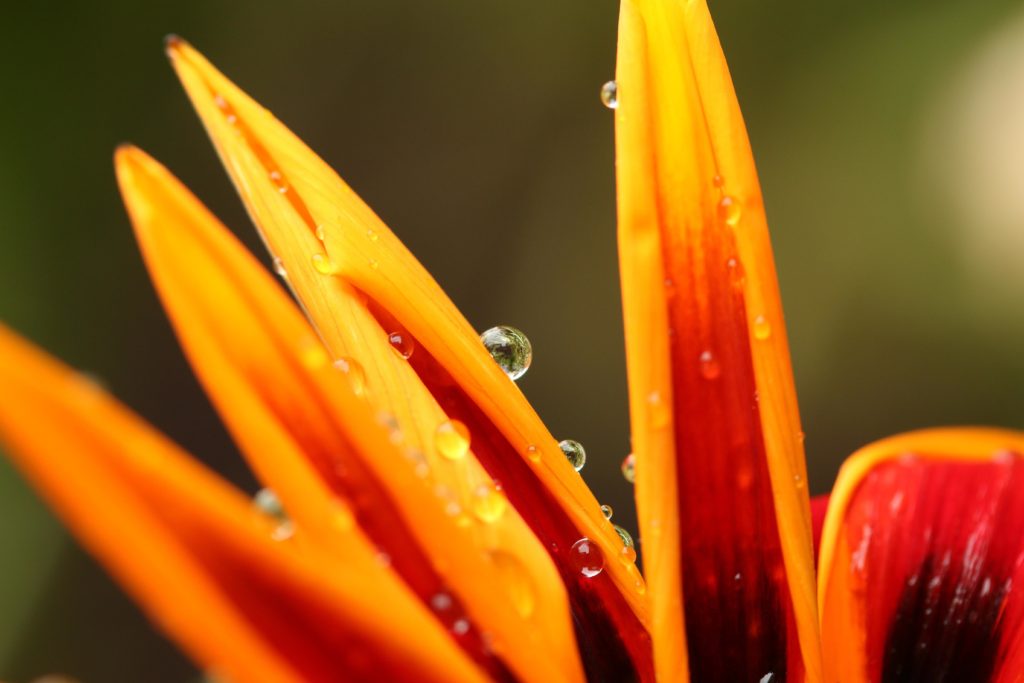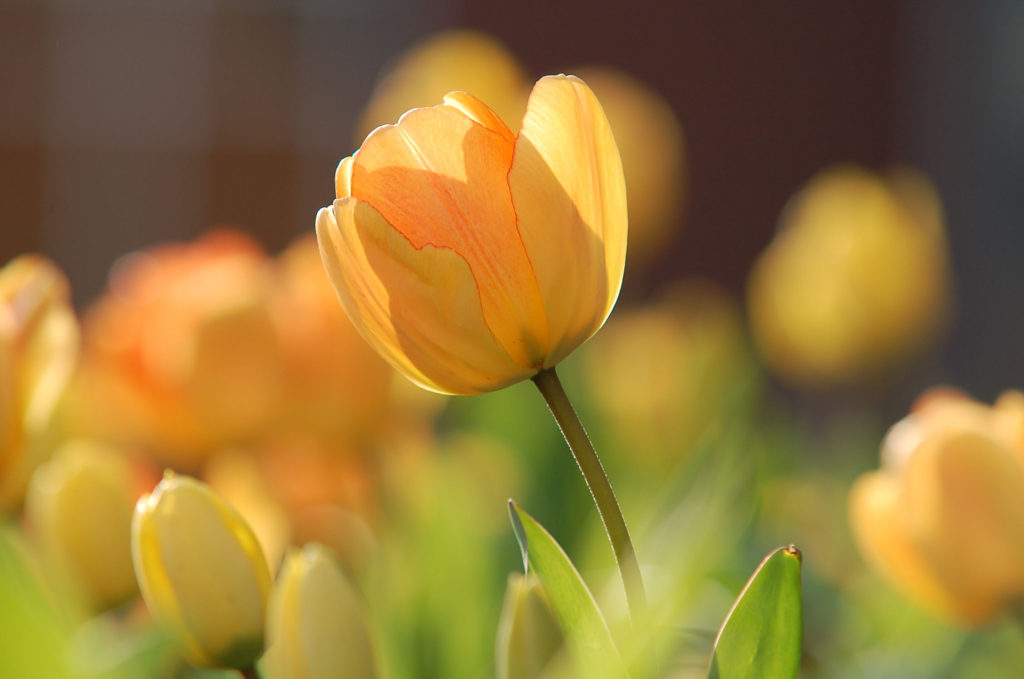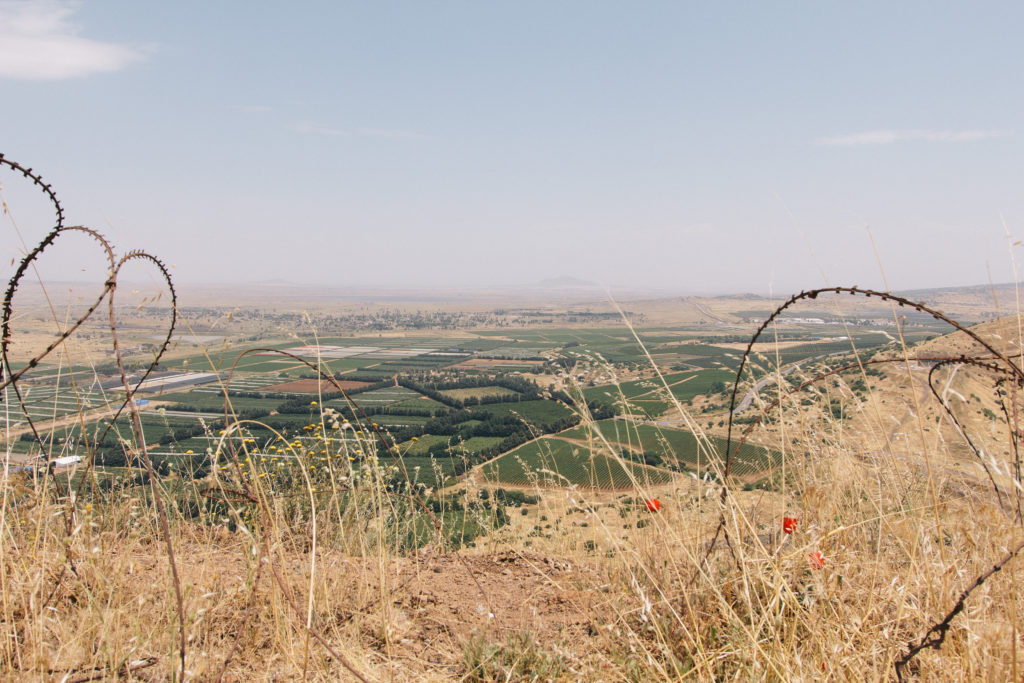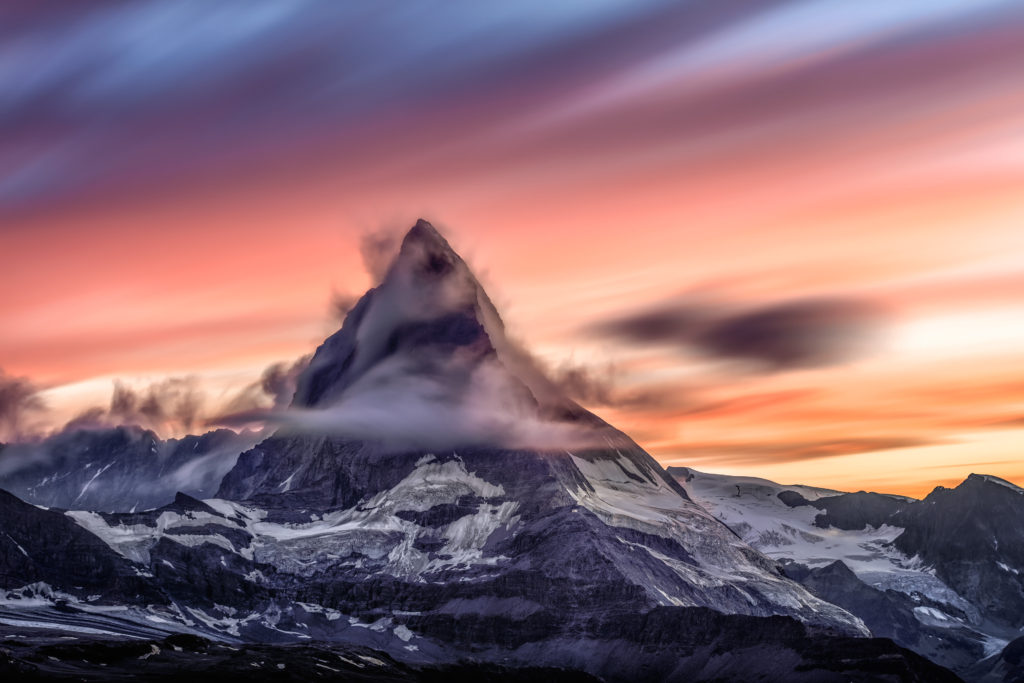I've heard the concept “the dark night of the soul” bandied about like a tennis ball. People talk about it in New Age circles as being the point where they hit bottom before things turned around and got better. However, I did some research and it's far older and more mystical than I would have thought – it dates to the 16th century and is the title for a poem by poet and Roman Catholic Saint John of the Cross.
The original meaning of “the dark night of the soul” is the experience of a spiritual crisis in the journey toward union with the divine. I felt relief when I read that because my experience of the dark night of the soul hasn't been literal. There hasn't been one night of pain or darkness followed by things turning around, nor has there been one period of it. Reading about the origin, I'm reminded pain is not a one-time experience.
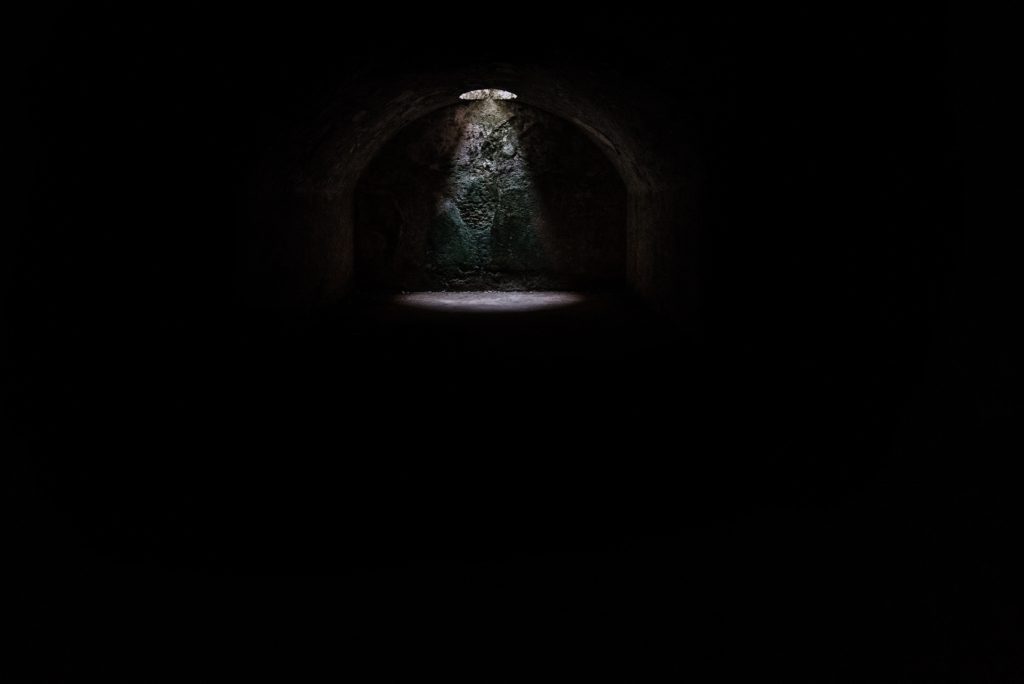 |
| Sometimes we have to go into the darkness to see the light. |
In our capitalistic culture, it seems to me there's a notion happiness is a commodity. Not only can happiness be bought with nice vacations, a fancy car, or a great pair of shoes, but happiness can be achieved with a thin body, the right romantic partner, and a fulfilling career. And once those things come into our lives, we're never supposed to feel pain again, or at least that's been my interpretation of the message.
I call baloney. Life is a series of ups and downs, of pleasure and pain, and instead of working hard to avoid the pain, these days I'm sitting with it.
I'm reading Glennon Doyle Melton's Love Warrior, which is delightful. There is so much I could say about this memoir, but what's relevant to this post is Glennon talks about crisis, how the root word of crisis is to sift, to separate. What happens in a crisis is everything else falls away in order for us to see what's left, what cannot be taken away. That's what the dark night of the soul is – a crisis, a sifting period to discover what is permanent. What's permanent is me and God. It may take years, it may take several dark nights, but there is always something to be found in a crisis if we're willing to dive into the pain.
What I've found going through my own crisis, primarily with my health, is me. I've lived most of my life operating under the assumption everyone else knows more than I do, that everyone else has the answers for my life. I've valued “other” more than me.
What's interesting about this health journey I've been on is learning I already have the answers I seek, I already know what's going on with my body. I see doctor after doctor, healer after healer, hoping they'll tell me something I don't know. They don't. Not a single person has given me information that surprises me, which tells me I already know myself. I don't have the solution yet, but I trust it will come when the timing is right, and I don't need to frantically throw darts to see what sticks.
I am on a journey toward union with the divine, also called self-realization. By valuing others, I'm not honoring myself or my own wisdom. I'm not trusting myself, and trust is essential for union. I can't trust in me if I constantly think inspiration lies outside me, that the solution is “out there.” It's not. It never is. Higher power and I are walking this path together. Higher power communicates with me all the time and it's my job to listen and to trust. The path is not supposed to be pain-free, and anyone who says otherwise is selling something.
I dream of a world where we recognize the gift in pain. A world where we recognize the dark night of the soul is a crucial part of the process toward union with something greater than ourselves. A world where we understand sometimes it's important to undergo crisis in order to see what's left.
Another world is not only possible, it's probable.
